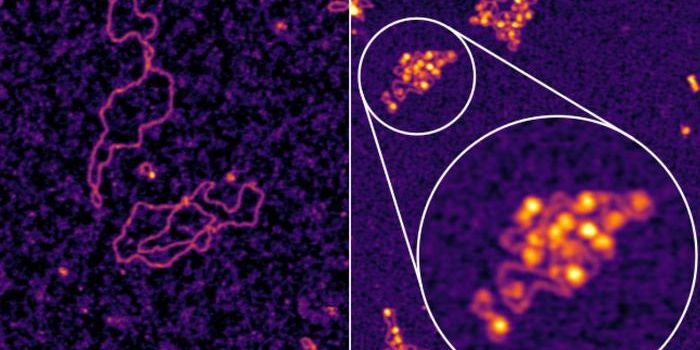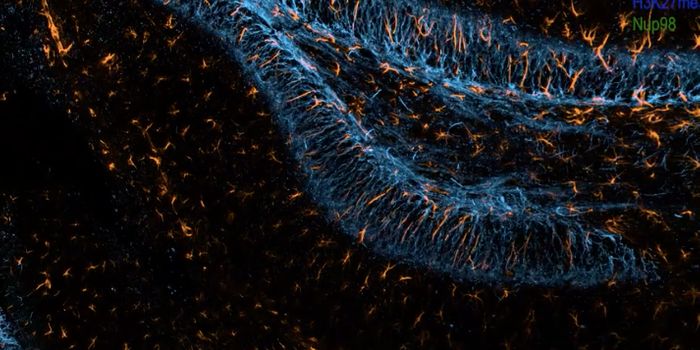A specific chromosomal rearrangement in the mosquito genome seems to be responsible for a mosquito’s preference for cattle over humans. This is good news for anyone walking through a cattle field in eastern Africa. This newfound knowledge can also reduce the odds of malaria parasite transmission since transmission rates depend on whether mosquitoes bite humans or animals and whether they are exposed to pesticides after that meal.
A team in the Vector Genetics Lab at the UC Davis School of Veterinary Medicine, led by researcher Bradley Main, has been studying the genetic basis behind host preference in the mosquito species
Anopheles arabiensis, a primary vector for malaria transmission in eastern Africa.
Due to its generalist tendencies for host choice and resting behavior,
Anopheles arabiensis has become the most prominent source of malaria transmission in eastern Africa. Other species have been reduced as vectors by the implementation of long lasting insecticide treated bed nets that the mosquitoes used as a resting place after a meal. Main hypothesized that there might be a genetic component via some kind of allelic variation that is changing the mosquito’s behavior.
The team sequenced 48 mosquito genomes from mosquitoes collected in Tanzania, examining 4 different phenotypes including human or cow feeding behavior and whether the mosquitoes preferred to rest indoors or outdoors. Association testing was completed on all genomes to assess whether there were any specific genotypes that could be tied to these unique behaviors. They found that a 3Ra chromosome inversion correlated to feeding preference, where the standard arrangement was associated with a preference for feeding on cattle.
“Whether there is a genetic basis to feeding preferences in mosquitoes has long been debated,” Main said. “Using a population genomics approach, we have established an association between human feeding and a specific chromosomal rearrangement in the major east African malaria vector. This work paves the way for identifying specific genes that affect this critically important trait.”
Genomic analysis of mosquito species to investigate behavioral traits and preferences had not been done before. This now proven approach could be applied to a wider selection of mosquitoes in other areas as well.
Additional host choice assays in this study examining a broader area will be the next step in proving a direct link between the allelic variation of the 3Ra inversion and host feeding preference. An established association would provide a basis for potential specific vector control strategies and reduction of Malaria spread by changing feeding preferences in genetically modified mosquitoes to avoid humans.
Sources:
UC Davis,
PLOS Genetics









